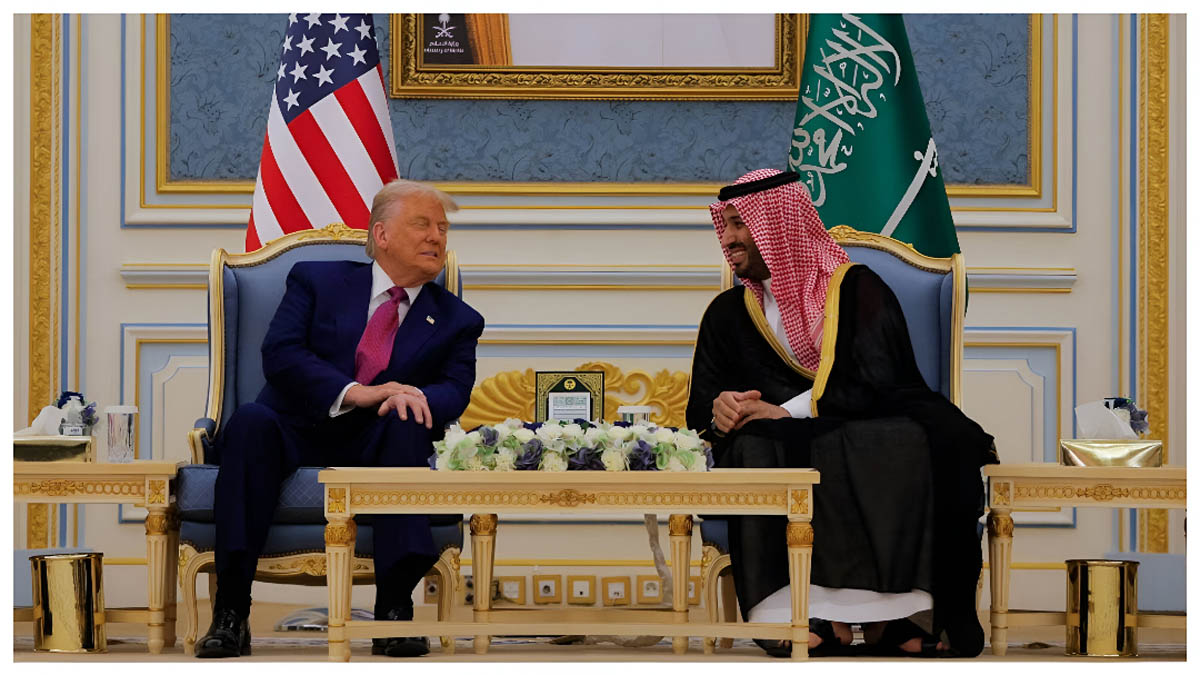Now Reading: Trump’s Saudi Arabia Policy Prioritizes Dealmaking Over Human Rights
-
01
Trump’s Saudi Arabia Policy Prioritizes Dealmaking Over Human Rights
Trump’s Saudi Arabia Policy Prioritizes Dealmaking Over Human Rights

In a significant address outlining his administration’s approach to Saudi Arabia, the former president emphasized the primacy of economic and strategic partnerships, suggesting a potential downplaying of human rights concerns in favor of transactional diplomacy. The speech, delivered to a prominent think tank, articulated a vision where arms sales, investment opportunities, and counter-terrorism cooperation take center stage in the bilateral relationship.
He argued that maintaining strong ties with the Kingdom is crucial for American interests, citing its role as a major oil producer and its strategic importance in a volatile Middle East. The former president underscored the economic benefits of robust defense contracts and other trade agreements with Riyadh, asserting that these deals translate into American jobs and bolster the nation’s economic standing.
While acknowledging the complexities of the region and the need for reforms, the speech appeared to frame human rights issues as secondary to the broader strategic and economic objectives. There was a noticeable lack of strong condemnation of the Kingdom’s human rights record, which has faced significant international scrutiny. Instead, the focus remained on areas of mutual interest, such as regional stability and joint efforts to combat extremism.
This policy stance marks a clear articulation of a deal-centric approach to foreign relations, where tangible benefits like trade and security cooperation are prioritized. Critics argue that this approach risks emboldening authoritarian regimes and undermining the United States’ commitment to promoting universal human rights values. They contend that overlooking human rights concerns for short-term gains could have long-term negative consequences for both the credibility of American foreign policy and the prospects for genuine reform within Saudi Arabia.
Conversely, supporters of this approach might argue that direct engagement and partnership, even with nations that have imperfect human rights records, offer a more pragmatic pathway to influencing behavior and achieving strategic goals. They may believe that prioritizing shared interests allows for a more stable and productive relationship, ultimately serving American interests more effectively.
The implications of this policy speech are likely to resonate across the international community and within the United States. It sets a clear tone for the administration’s engagement with Saudi Arabia and could influence future diplomatic strategies in the region. The debate over balancing strategic interests with human rights concerns in foreign policy is certain to continue, with this speech serving as a significant point of reference.







